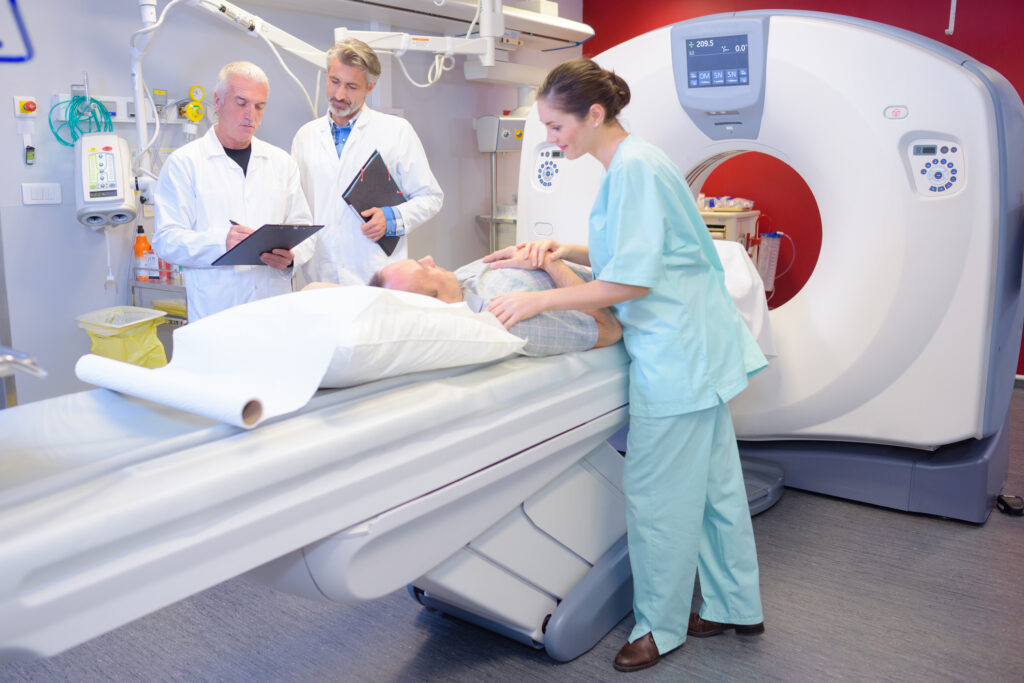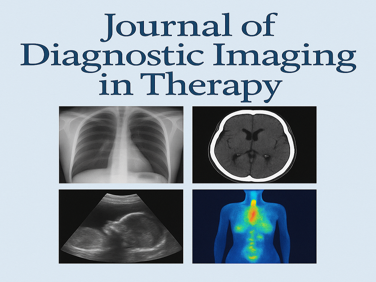Radiopharmacy
Radiopharmacy is a branch of pharmacy that specialises in preparing, dispensing, and using radioactive drugs for medical purposes. Radiopharmaceuticals, as they are commonly known, are drugs that contain a radioactive substance known as a radionuclide. The substance emits radiation that can be detected by imaging techniques such as PET (Positron Emission Tomography) or SPECT (Single Photon Emission Computed Tomography).
The use of radiopharmaceuticals has revolutionised medical imaging and nuclear medicine. They allow physicians to visualize and track the progression of diseases such as cancer, heart disease, and neurological disorders and assess the efficacy of treatments.
Radiopharmacy involves preparing and dispensing radiopharmaceuticals in a controlled environment, following strict regulatory guidelines and safety protocols. Radiopharmaceuticals are typically prepared in a specialised laboratory, known as a radiochemistry laboratory, using specialised equipment and techniques.
The preparation of radiopharmaceuticals requires a high level of skill and expertise and extensive knowledge of radiation safety and regulatory compliance. Radiopharmacists are responsible for ensuring that the radiopharmaceuticals are prepared accurately and safely and that they are delivered to the patient in a timely and effective manner.
Radiopharmacy also plays a crucial role in researching and developing new radiopharmaceuticals. Radiopharmacists work closely with scientists and researchers to develop and test new drugs and conduct clinical trials and studies. One of the major challenges of radiopharmacy is the short half-life of many radionuclides, which requires rapid preparation and delivery of radiopharmaceuticals to the patient.
This requires efficient coordination between the radiopharmacy and the imaging or treatment facility and the use of specialised transport systems to ensure the safe and timely delivery of the radiopharmaceuticals.
You are here:
home » radiopharmacy



